There’s no denying that assessments is a hot topic around many family dinner tables – whether it be too much, too little, too hard or too easy. So how do we guide our children to approach their assessments, helping them to excel in their studies, without deterring them from the all-important social activities that also vie for their attention?
It’s all about balance
Research conducted by Stanford University in 2014 found that heavy loads of assessments can lead to significant levels of stress, health problems and a lack of balance for kids, which ultimately flows through to the rest of their family. Our children, especially those in primary school, are only just grasping the concept of time management and learning to navigate entertainment from education. In these early, developmental stages of their lives, they don’t yet have the capacity to prioritise tasks – they often think it must be one or the other. Encourage your child to complete their assessments early, perhaps before dinner or just after school, to ensure that they have the rest of the evening to participate in activities that they find enjoyable.
Check in, constantly
Most teachers will provide regular updates on the work they are assigning students to complete at home, but it is still best to check in with your child and discuss what they have been given, especially as they progress into the later years of high school. As your child gets older, and their subject load grows, they can often become overwhelmed by the number of tasks, projects and assignments under their belt. Regular check-ins with your child will provide an opportunity for them to debrief, re-group and re-prioritise their workload, limiting stress for them and for the whole family.
Don’t be afraid to ask for help
No parent or carer wants to spend their Sunday nights in a constant state of stress, due to their child not feeling confident in their academic abilities. More often than not, a child will feel dismayed or hesitant toward their assessments if they don’t feel as though they have a good understanding of the content. Approach your child’s teacher for extra support, whether that be for tutoring, extra one on one time or to request additional worksheets to help facilitate your child’s learning journey.
At Living Waters Lutheran College, we’ve recently introduced the Elevate Program where students in Years 10 to 12 undertake high impact study-skills workshops and ongoing sessions throughout the year aimed to improve study skills and performance. Study skills are also incorporated into our Pastoral program, encouraging our students to discover their God-given potential. We’re committed to partnering with parents to ensure their child feels supported both inside and outside of the classroom. If you are interested in finding out more about how our College builds bright futures, please download our Prospectus.



